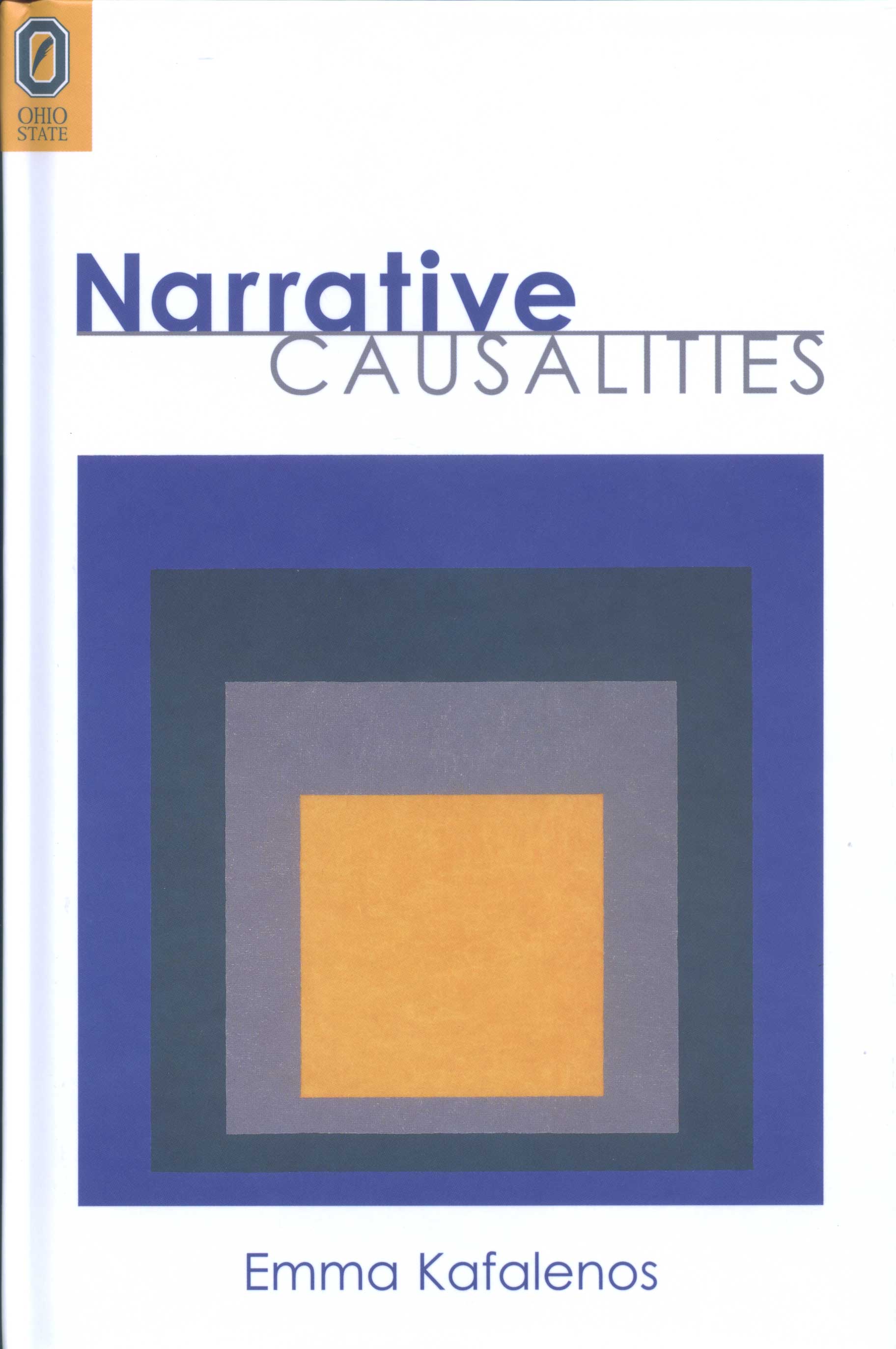Narrative CausalitiesEmma KafalenosTheory and Interpretation of Narrative |
 4/21/2006 Literary criticism/General 247 pp. 6x9  $94.95 cloth 978-0-8142-1025-3 Add cloth to shopping cart $14.95 CD 978-0-8142-9102-3 Add CD to shopping cart $24.95 paper 978-0-8142-5252-9 Add paper to shopping cart Shopping Cart Instructions Review/Change Shopping Cart & Check-out | |||
|
“This lucidly written, well-researched, and insightful study promises to have a major impact on several fields, including literary theory, comparative literature, analysis of inter-art relations, history and criticism of the novel, and above all, interdisciplinary narrative theory. Overall, the project contributes to the growing body of research suggesting that narrative, besides being a target of interpretation, constitutes in itself a fundamental resource for making sense of experience.” —David Herman, The Ohio State University Narrative Causalities offers both an argument and a methodology. The argument is that interpretations of the consequences and causes of events are contextual and that narratives, by determining the context in which events are perceived, shape interpretations. The methodology, on which the argument is based, is a theory of functions. A function, in this theory, is a position in a causal sequence. A set of functions provides a vocabulary to analyze and compare interpretations of the causes and consequences of events—in our world, in narratives about our world, and in fictional narratives. Focusing throughout on the temporal dimension of the cognitive process, this study considers perceivers’ interpretations of causality in response to nonfiction as well as to fiction, to visual as well as to verbal communication, and to events we perceive directly as well as to reported events. Many of the narratives analyzed are fictional and range from fairy tales to canonical literature (Shakespeare, Poe, Henry James, Kafka, Racine, Balzac) to recent novels (Robbe-Grillet, Sebald). But in the same ways that fictional narratives guide readers’ interpretations of causality, so too, the author reminds and warns us, do the newspaper accounts, friends’ stories, and other narratives through which we learn about events in our world. In other words, Emma Kafalenos seeks to answer the question: “What can we know if a narrative is the source of our information?” Her book is a significant addition to the Theory and Interpretation of Narrative Series. Emma Kafalenos teaches comparative literature at Washington University in St. Louis. | ||||

